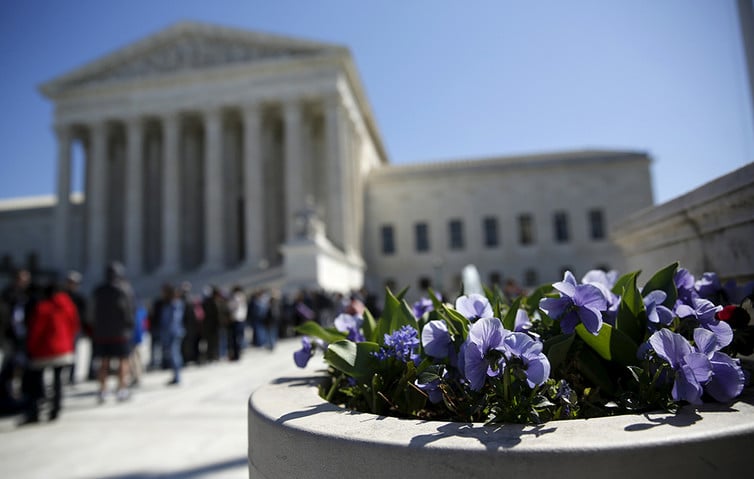ASEAN’s Best Defense against U.S.-China is a Good Offense
Many features of the US–Soviet cold war are present in contemporary US–China relations: ideological competition, struggles over the control of natural resources, and old-fashioned rivalry for leadership of the global community.




